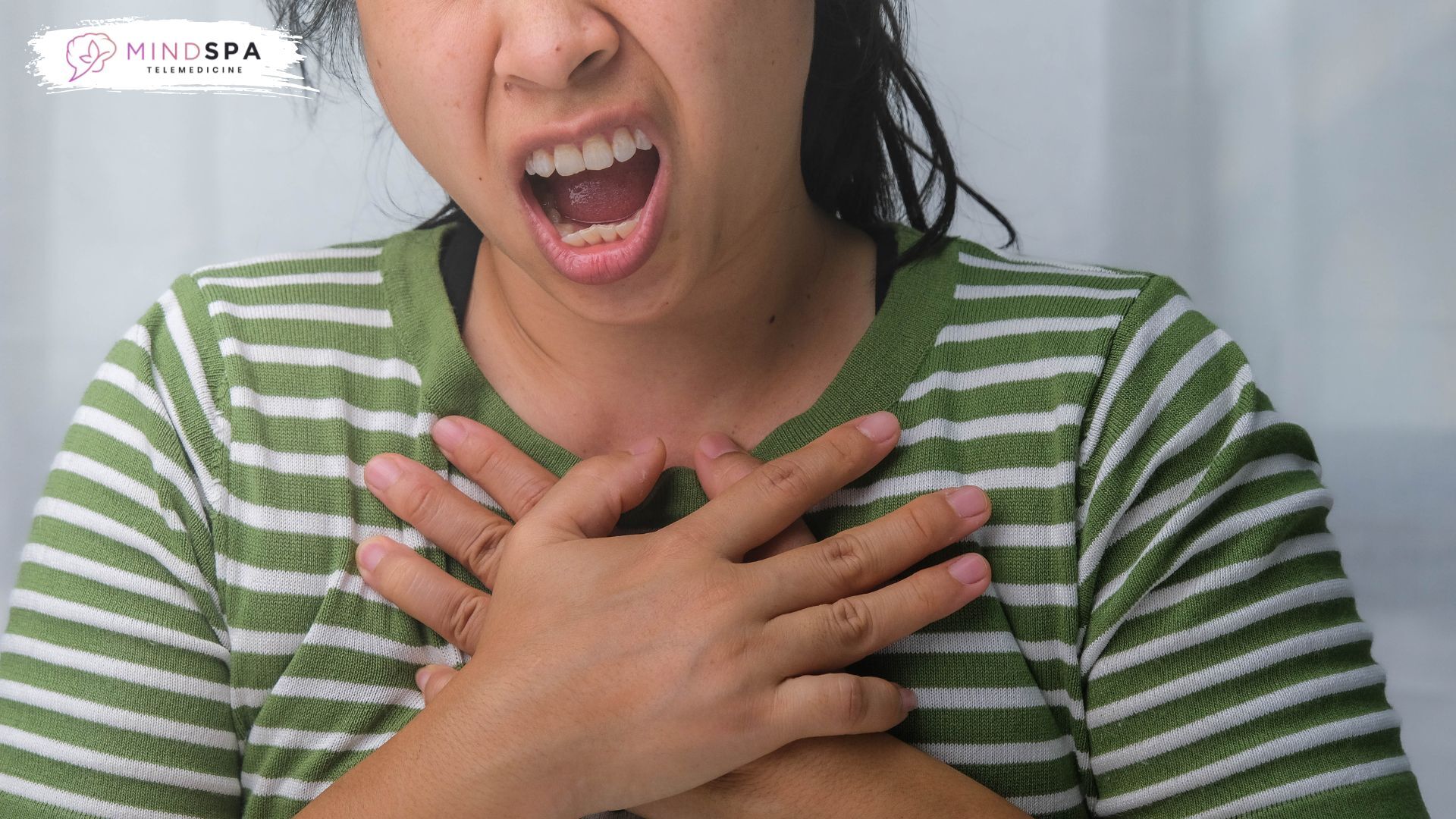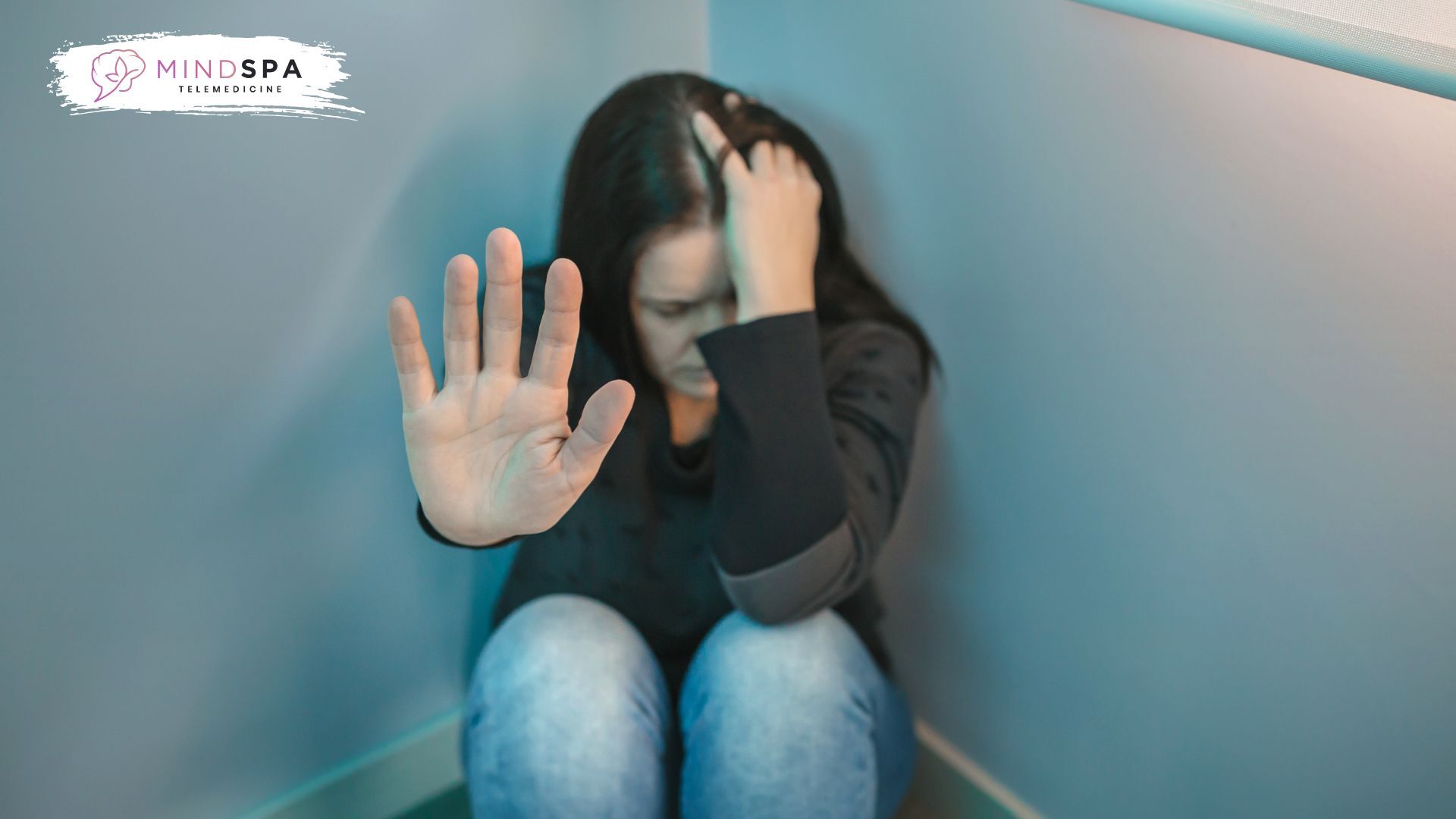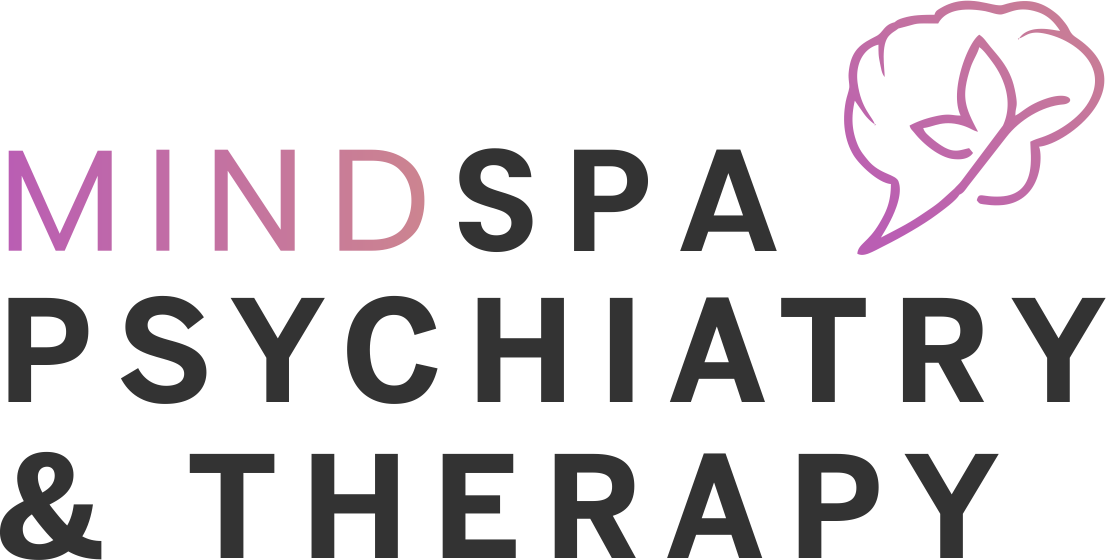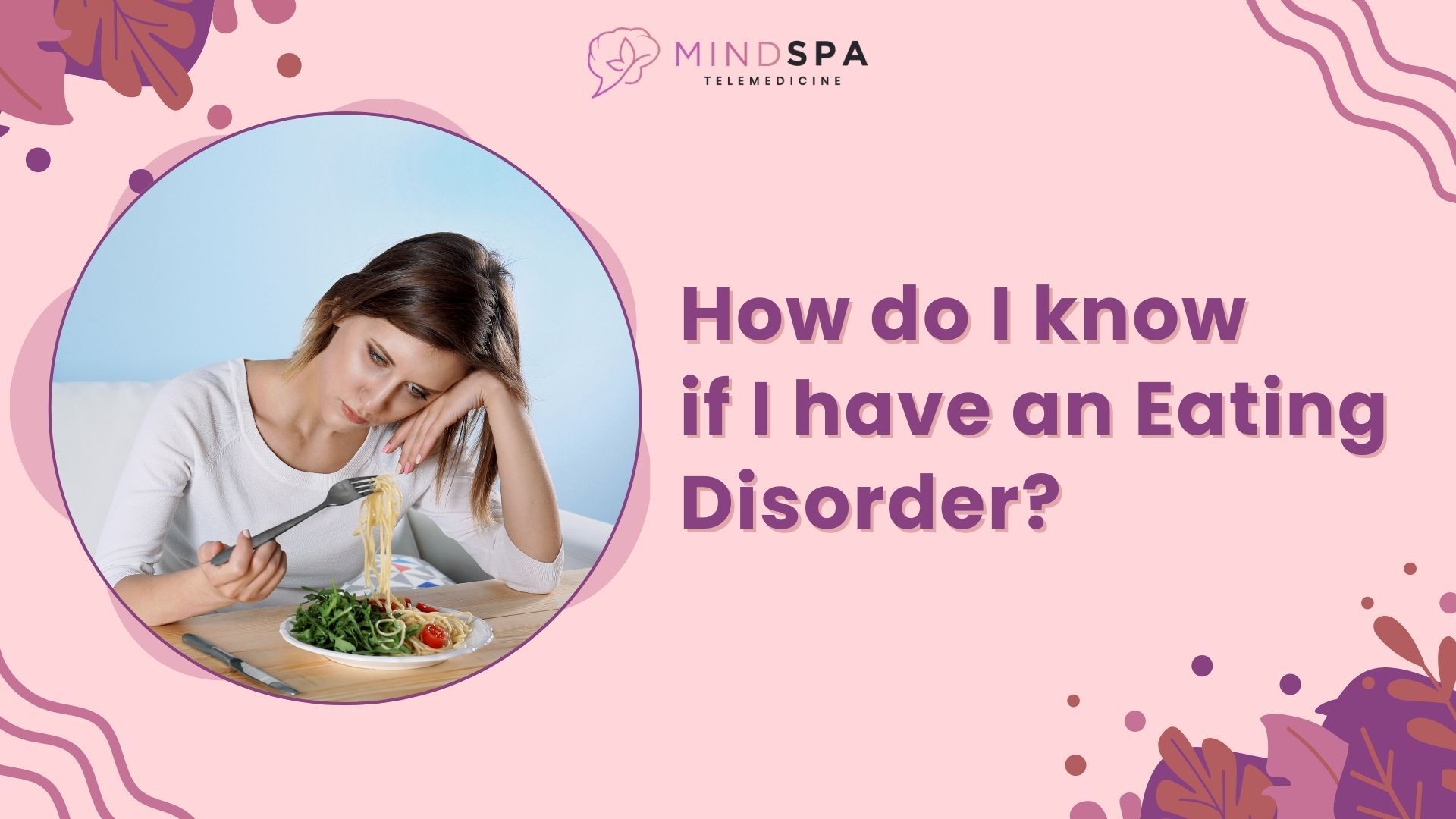Eating disorders are serious disorders of both mind and body. It is not just dieting or watching what you eat. Without treatment, these disorders can result in severe health problems. But how does someone know if he or she has an eating disorder or if a loved one might have one? Getting early recognition of the signs will help you obtain the support you need.
What Are Eating Disorders?
Mental health conditions where you develop an unhealthy eating habits are known as eating disorders. They can be binge eating, under-eating, or someone with a very unhealthy approach to food and body image. The most common types of eating disorders are:
1. Anorexia Nervosa
A disorder of people who fear overeating, even after they are already often fragile, severely restricting their food intake.
2. Bulimia Nervosa
This involves continuously eating so much food followed by purging, like vomiting or using laxatives, to get rid of the calories.
3. Binge-Eating Disorder
People with this disorder frequently eat large amounts of food but do not purge afterward. This can lead to feelings of guilt and shame.

4. Other Specified Feeding or Eating Disorders (OSFED)
These are eating disorders that don’t fit the typical patterns but still cause significant distress and health problems.
Common Signs and Symptoms
Eating disorders can show up in many different ways. Here are some common signs to look out for:
Preoccupation with weight, food, and body shape
Constantly thinking about calories, dieting, or how your body looks can be a red flag.

Changes in eating habits
Skipping meals, eating in secret, or making excuses not to eat are common signs.
Extreme weight changes
Rapid weight loss or gain, especially when unexplained, can indicate a problem.
Physical symptoms
Fatigue, dizziness, thinning hair, dry skin, and feeling cold all the time are signs of possible malnutrition.
Emotional and behavioral changes
Feeling guilty after eating, withdrawing from social activities, or becoming irritable and moody are also signs.

Emotional Signs to Watch For
Individuals suffering from eating disorders are also known to have emotional struggles. These may include:
- Feeling worthless, feeling not good enough.
- A feeling of being sad, worried, or hopeless for no reason or with no obvious cause.
- Being very critical when you don’t meet extremely high standards you’ve set for yourself.
- Convenient means of trying to cope with feelings of chaos in other parts of life.
If you can relate to these signs, be it in yourself or someone you care about, it’s important to get help. Eating disorders are indeed serious, but do have a treatment. The better the chances of recovery, the sooner you get support.
The Risks of Ignoring an Eating Disorder
Ignoring an eating disorder can lead to serious health problems, such as:
1. Heart Issues
Malnutrition from eating disorders can cause irregular heartbeats, low blood pressure, or even heart failure, increasing the risk of life-threatening complications.

2. Digestive Problems
Chronic restriction or bingeing can lead to stomach pain, bloating, constipation, and even long-term damage to the digestive system.
3. Bone Loss
A lack of essential nutrients like calcium and vitamin D can cause bones to weaken, leading to osteoporosis and a higher risk of fractures.
4. Fertility Issues
Eating disorders can disrupt menstrual cycles, leading to irregular periods or amenorrhea, which can negatively impact fertility and reproductive health.

5. Mental Health Issues
Untreated eating disorders often worsen mental health, increasing the risk of depression, anxiety, isolation, and even suicidal thoughts or behaviors.

What Causes Eating Disorders?
There’s no single cause of eating disorders. They are often the result of a mix of factors:
- Genetics
If someone in your family has an eating disorder, you may be more likely to develop one too. Genetics can influence behaviors, body image, and mental health.
- Mental Health Issues
Conditions like anxiety, depression, or obsessive-compulsive disorder (OCD) can contribute to the development of eating disorders. These conditions can affect how people cope with stress.
- Cultural Pressures
Society often promotes unrealistic body standards through media and advertising. This can make people feel pressured to look a certain way, affecting self-esteem.
- Trauma
Past experiences such as bullying, abuse, or neglect can increase the risk of developing an eating disorder. Trauma can lead to unhealthy coping mechanisms, including disordered eating.
How Are Eating Disorders Treated?
Treatment for eating disorders usually involves a combination of therapies tailored to the individual’s needs.
Therapy is a key part of recovery. Cognitive-behavioral therapy (CBT) is commonly used to help people identify and change unhealthy thoughts and behaviors related to food and body image.
Nutritional counseling is also essential. A nutritionist can help create a balanced meal plan and guide you toward developing a healthier relationship with food.
Medical care is important for monitoring physical health, especially since eating disorders can cause serious issues like heart problems or nutrient deficiencies. Medications, such as antidepressants, may be prescribed to treat underlying mental health conditions like anxiety or depression that often accompany eating disorders.
According to a study, early intervention significantly improves recovery rates in people with eating disorders. The sooner treatment begins, the better the chances of full recovery.
How to Support Someone With an Eating Disorder
If you suspect a friend or family member has an eating disorder, approach them with care and understanding:
- Be supportive, not judgmental: Avoid criticizing their appearance or eating habits.
- Encourage professional help: Suggest they talk to a doctor or therapist.
- Listen: Sometimes just being there to listen can make a big difference.
Conclusion
Recognizing the signs of an eating disorder is the first step toward recovery. Whether it’s changes in eating habits, emotional struggles, or physical symptoms, early detection and treatment can save lives. Remember, you don’t have to face this alone. Support is available, and recovery is possible.
If you’re struggling with an eating disorder or worried about a loved one, MindSpa Psychiatry & Therapy is here to help. We offer compassionate, judgment-free support to guide you toward recovery. Request an appointment today and take the first step toward a healthier, happier you.
Frequently Asked Questions
What are the main types of eating disorders?
The main types are anorexia nervosa, bulimia nervosa, binge-eating disorder, and OSFED (Other Specified Feeding or Eating Disorders). Each affects eating habits and body image differently.
What are the emotional signs of an eating disorder?
Emotional signs include feeling worthless, sadness without cause, being overly critical, and using food to cope with stress or other emotional struggles.
How do eating disorders affect physical health?
Eating disorders can lead to heart problems, digestive issues, bone loss, fertility problems, and worsened mental health, such as anxiety or depression.
Can eating disorders be treated?
Yes, eating disorders can be treated through therapy, nutritional counseling, medical care, and sometimes medication to address underlying mental health conditions.

